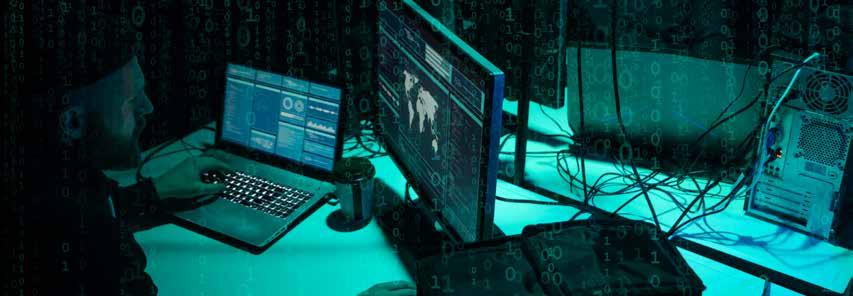
2 minute read
Brazil Institute
20 3 things to watch: BRAZIL
1
The Unraveling of Democratic Norms
Brazilian democracy is resilient, yet faces mounting challenges. The spread of COVID-19 in Brazil has, in many respects, amplified the tensions that existed before the health crisis between the president and the other branches of government. President Bolsonaro’s clashes with the National Congress and state governors and his use of misinformation, along with his repeated support for proauthoritarian protests, raise serious concerns about his commitment to democratic governance. Yet at the same time, congress, the courts, and state governments have taken a more active role in countering presidential power during this crisis, suggesting that the system of checks and balances that undergirds Brazilian democracy is still working. Nonetheless, policymakers must continue monitoring the situation for women, Afro-Brazilians, indigenous peoples, the LGBTQ+ community, and the country’s other marginalized groups—along with what may be a slow chipping away at fundamental human, civil, and press freedoms and rights.
Featured Experts:
Ricardo Zúñiga, Interim Director, Brazil Institute; Senior Diplomatic Fellow; Senior Foreign Service Officer, U.S. Department of State
Anya Prusa, Senior Associate, Brazil Institute
https://www.wilsoncenter.org/brazil brazil@wilsoncenter.org facebook.com/brazilinstitute @brazilInst 202.691.4087 / 202.691.4147
years years
2

The Economy at Stake
The Brazilian economy is now forecast to contract 5 percent or more in 2020—fallout from the economic shutdown and social-distancing measures required to flatten the coronavirus curve—and much-needed economic reforms are on hold while policymakers focus on saving lives. Whether Brazil will be able to return to growth in 2021 remains to been seen. Much depends on the government’s ability to prevent deeper, longterm damage to the economy during the COVID-19 crisis by providing fiscal and monetary stimulus, including assistance to vulnerable Brazilians and companies. Moreover, a number of politically difficult structural and economic reforms still lie ahead: tax reform, administrative reform to modernize the Brazilian state, and new policies to encourage trade and investment. The political fate of the current administration depends heavily on its ability to restore economic growth and reduce unemployment—and the October 2020 municipal elections could serve as an important referendum on the administration’s efforts.
3

Environmental Protection under Pressure
Over the last 25 years, Brazil gained significant credibility and space in global debates on climate policy and sustainability—but that is changing. In 2019, President Bolsonaro confronted both internal and global scrutiny over rising deforestation rates and the high number of fires in the Amazon Rainforest. Experts warn that the Amazon’s deforestation is approaching a tipping point that could have dire effects on the world’s climate system. It remains to be seen whether external forces (such as the European Union or China) or domestic forces (such as Brazilian agribusiness, which is keenly aware of the potential for sanctions and boycotts of Brazilian exports) will persuade the Bolsonaro administration to reconsider its environmental stance and resume leadership in this arena in 2020. The expected economic fallout from COVID-19 has only reinforced concerns that the Bolsonaro government may double down on the Amazon’s development as part of its strategy for economic growth.










